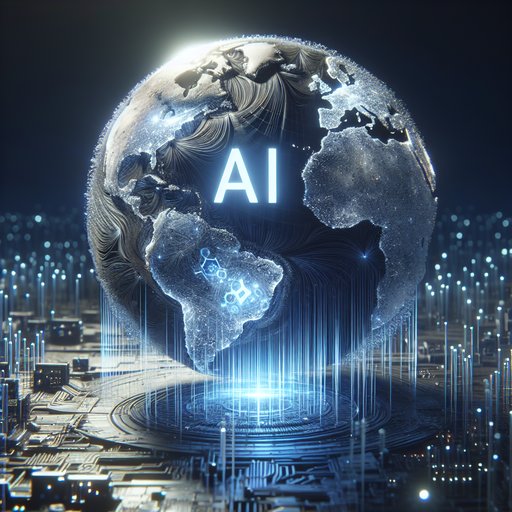
As artificial intelligence (AI) continues to permeate every facet of our lives, the ethical implications and policy challenges posed by this technology have become a global concern. The evolving landscape of AI ethics, policies, and regulation efforts is a complex tapestry, woven with threads of historical precedents, current debates, and future uncertainties.
The birth of AI in the mid-20th century was marked by optimism and a sense of limitless potential. Early pioneers like Alan Turing and John McCarthy envisaged machines that could not only perform complex calculations but also mimic human intelligence. Fast forward to the 21st century, and AI has far surpassed these early expectations. It powers our smartphones, recommends our movies, drives our cars, and even diagnoses our diseases.
But this rapid advancement has also sparked a growing recognition of the need for ethical guidelines and regulatory frameworks. Historically, the development of new technologies has often outpaced the establishment of ethical norms and policies. The advent of the internet, for instance, prompted a flurry of debates around privacy, data protection, and digital rights. These debates continue today, shaping the way we navigate our increasingly interconnected world.
Similarly, the rise of AI has brought forth a host of ethical dilemmas. From the potential for algorithmic bias and discrimination to concerns about job displacement and the weaponization of AI, these issues demand careful consideration and proactive policy responses. Global efforts to address these challenges have been gaining momentum. In 2018, the European Union implemented the General Data Protection Regulation (GDPR), setting a precedent for data privacy rights in the age of AI.
Meanwhile, countries like Canada and Singapore have launched national AI strategies, outlining their commitment to ethical AI development and deployment. Yet, the path forward is far from clear. The global nature of AI technology complicates regulatory efforts, as differing cultural, political, and economic contexts influence perspectives on AI ethics and policy. Moreover, the rapid pace of AI innovation makes it difficult for regulations to keep up.
As we look to the future, it is clear that the dialogue around AI ethics and policies must continue to evolve. It must be inclusive, involving not just policymakers and technologists, but also sociologists, ethicists, and the public. Only then can we ensure that the benefits of AI are realized while its risks are mitigated. In the end, the story of AI ethics and policies is still being written.
It is a story that will undoubtedly shape the trajectory of AI development and its impact on society. As we navigate this new frontier, we must remember that the ultimate goal is not just to create intelligent machines, but to foster a world where technology serves the best interests of humanity.












































